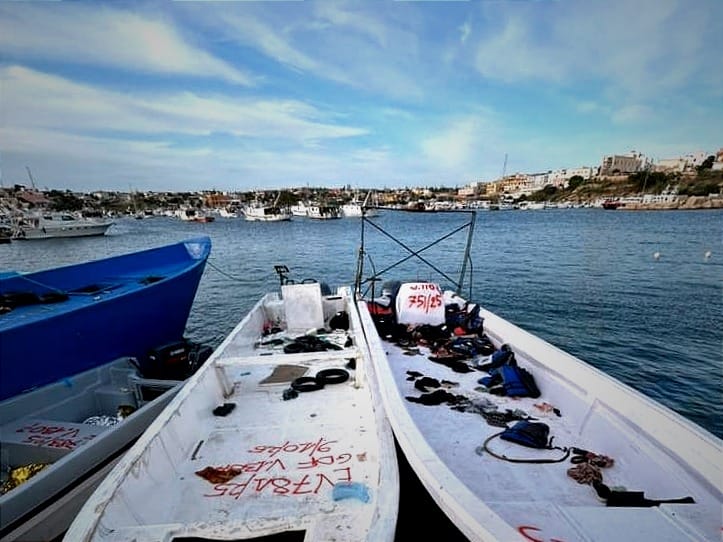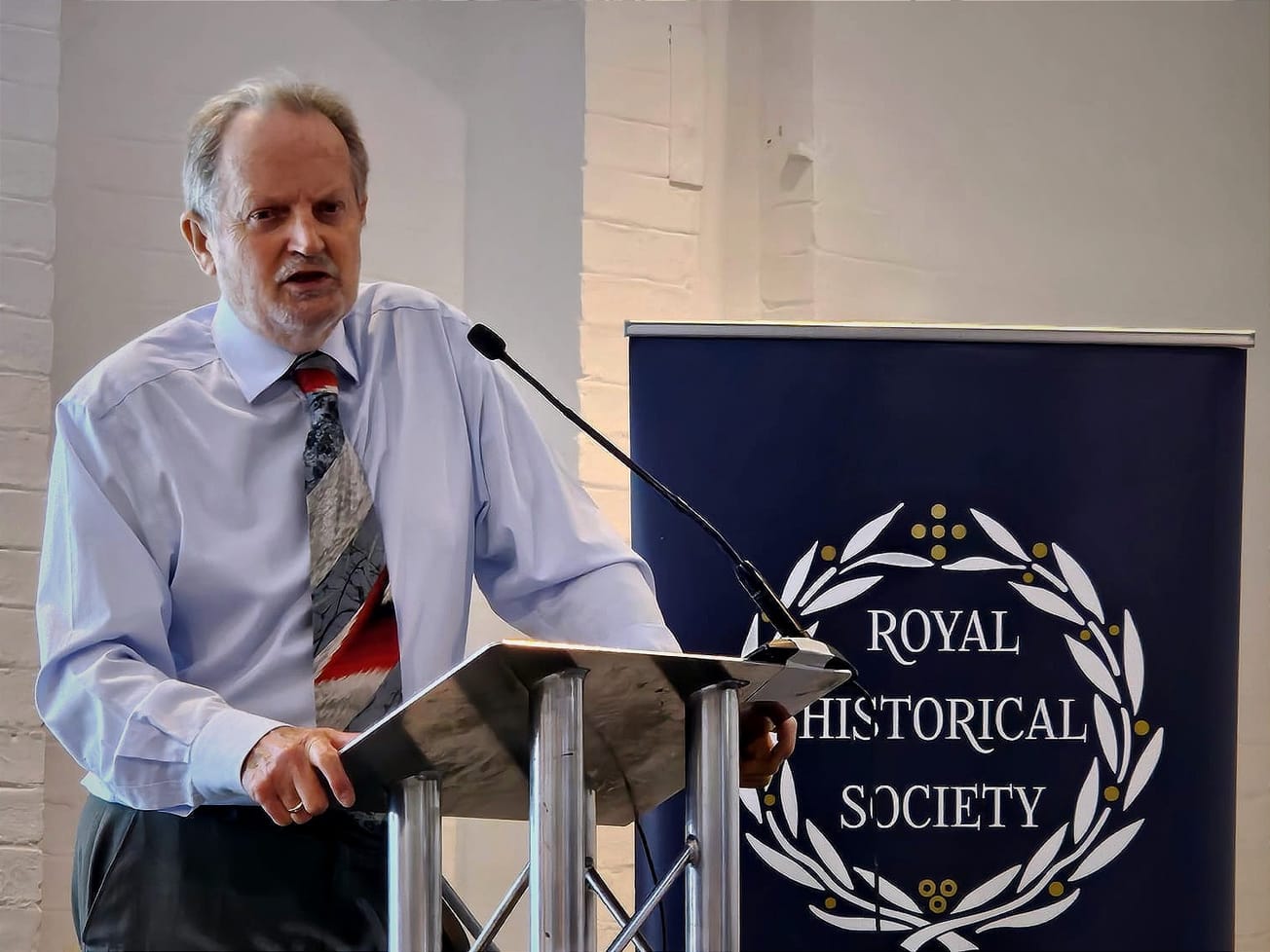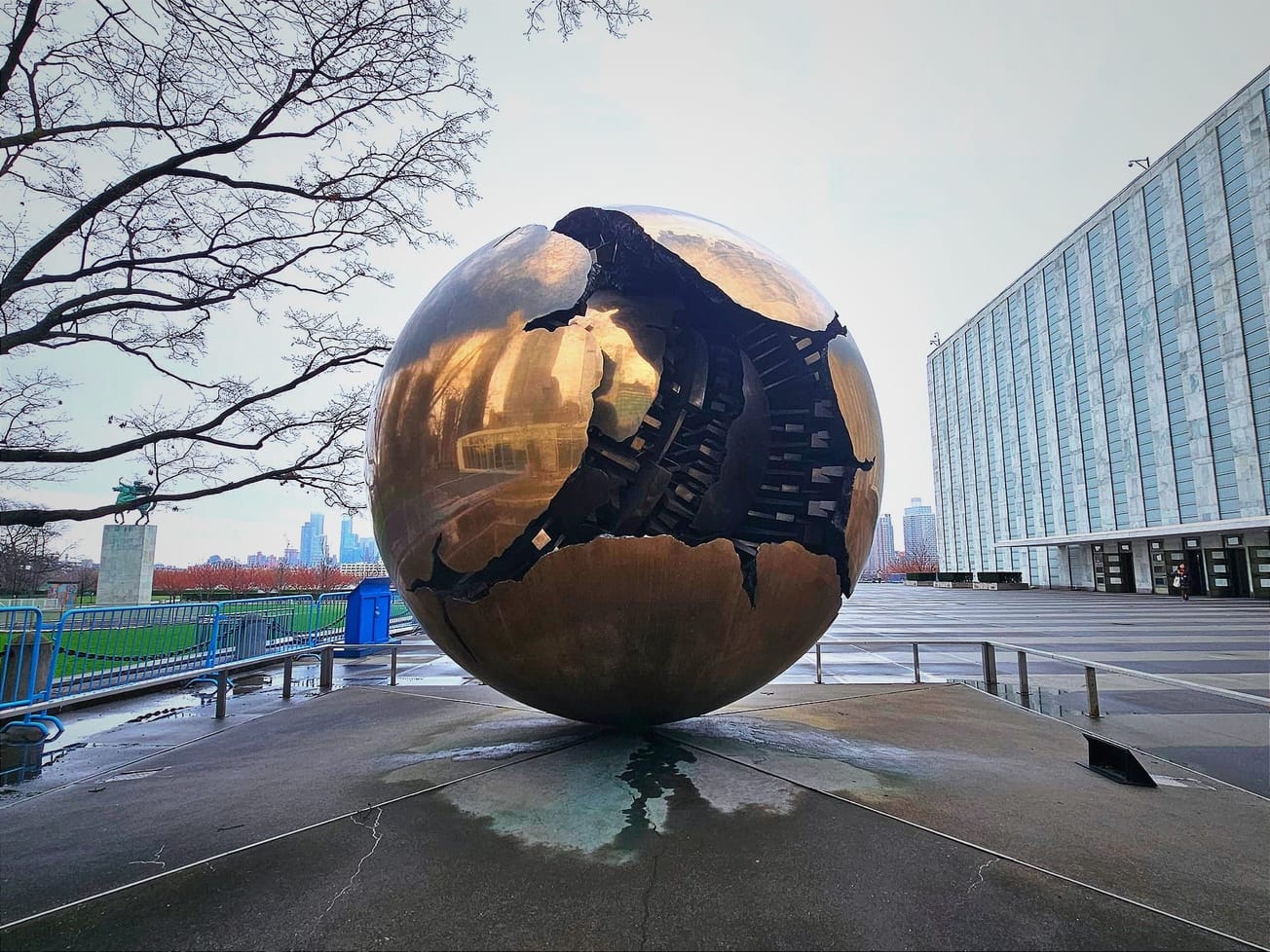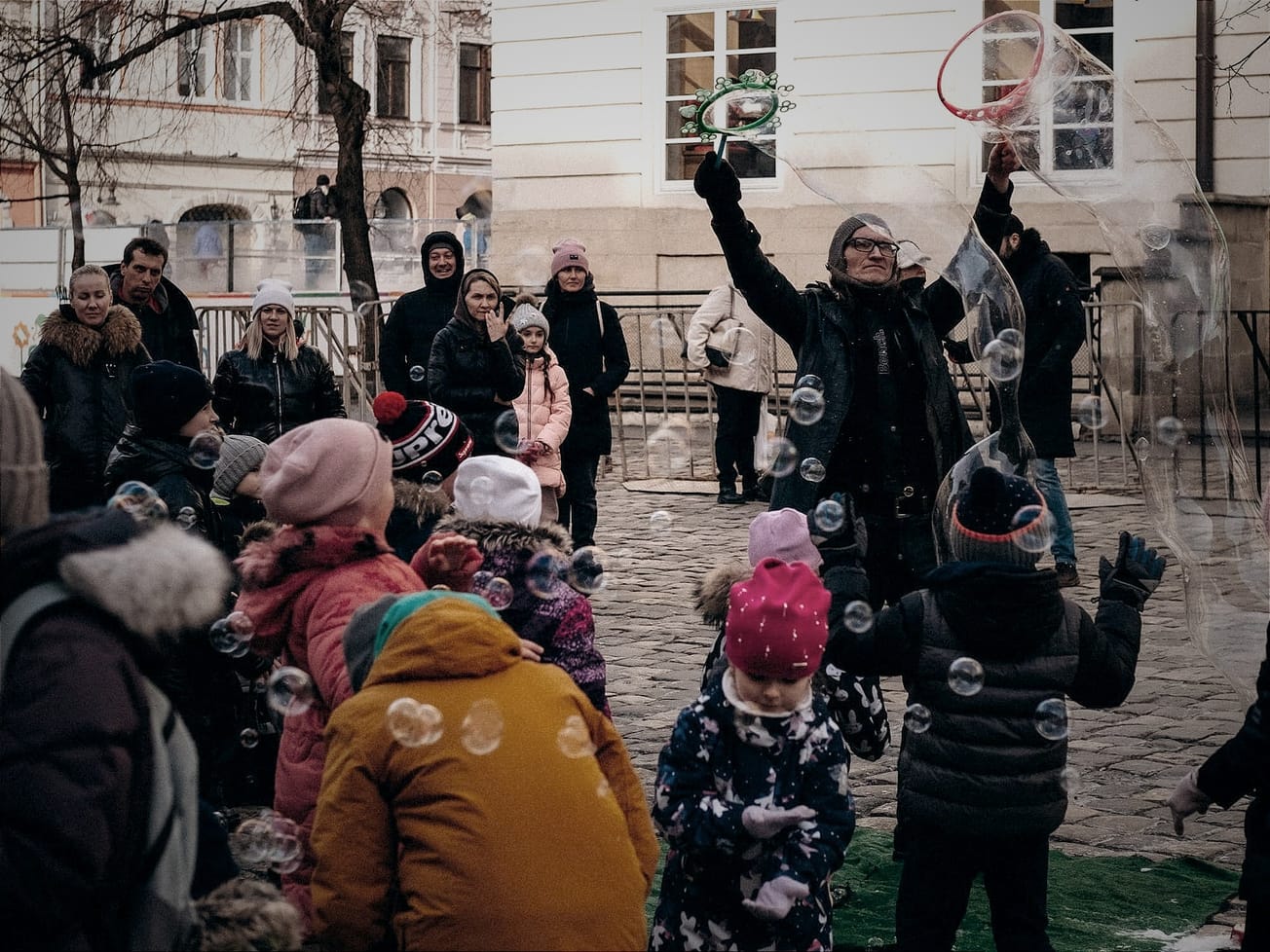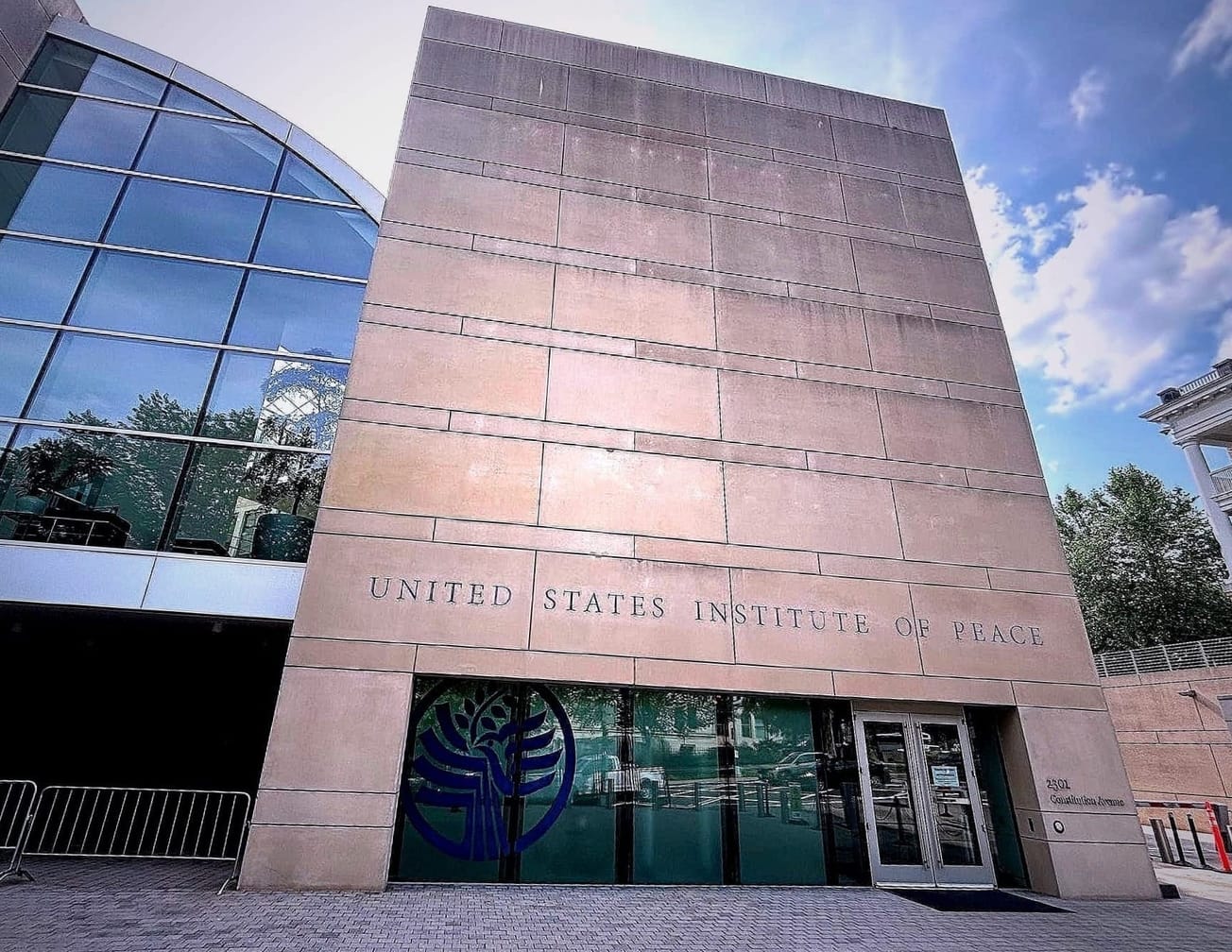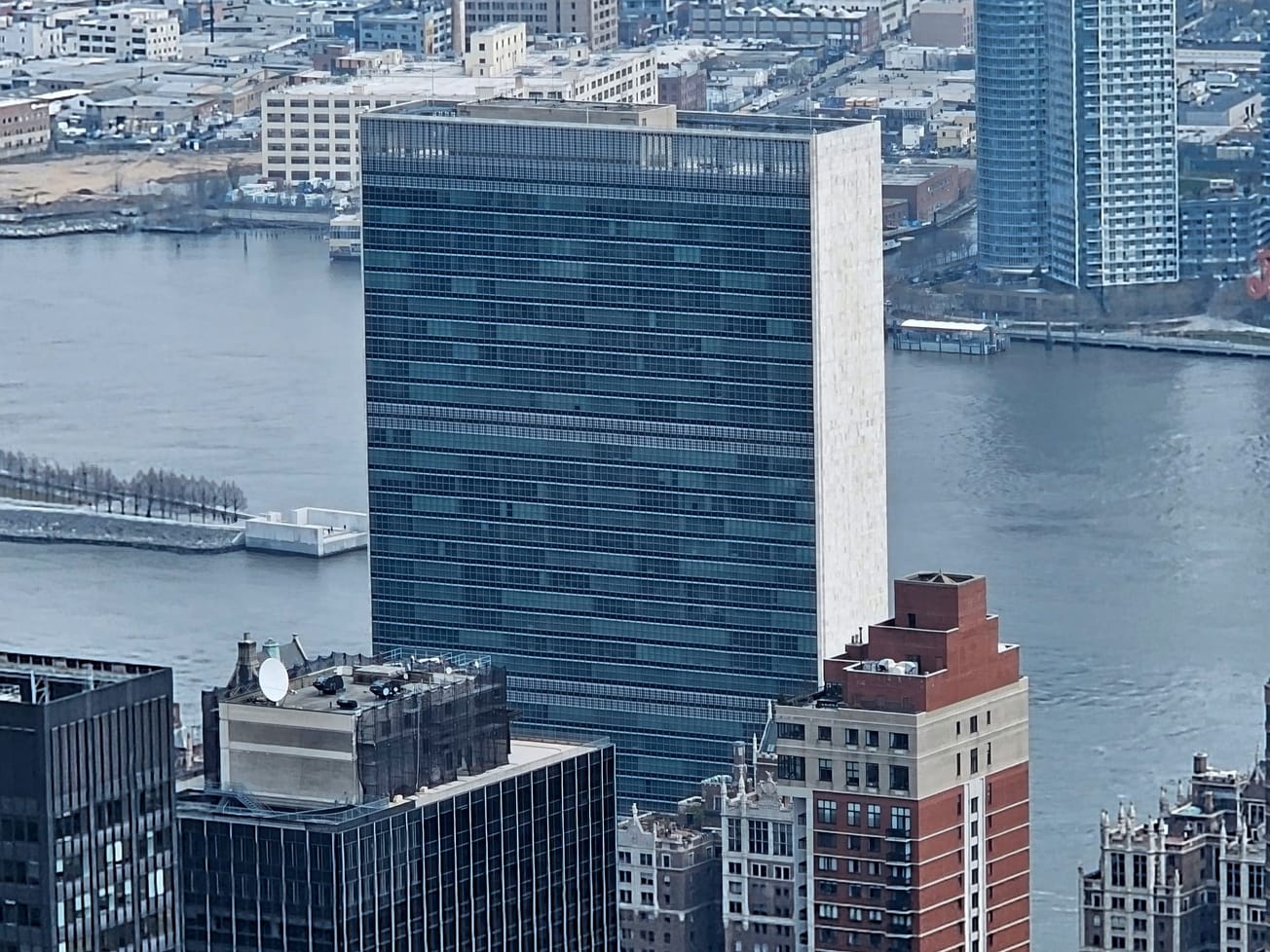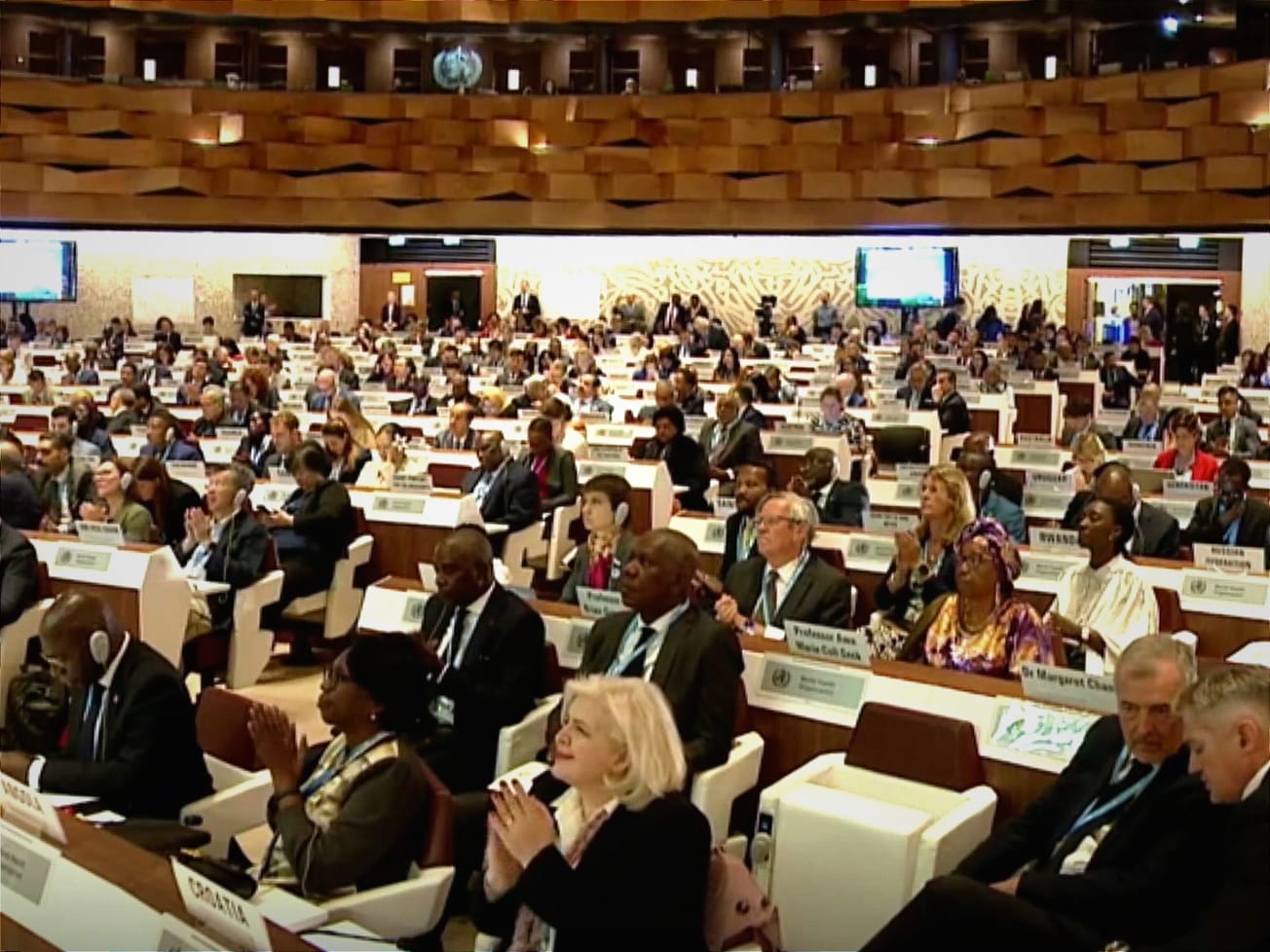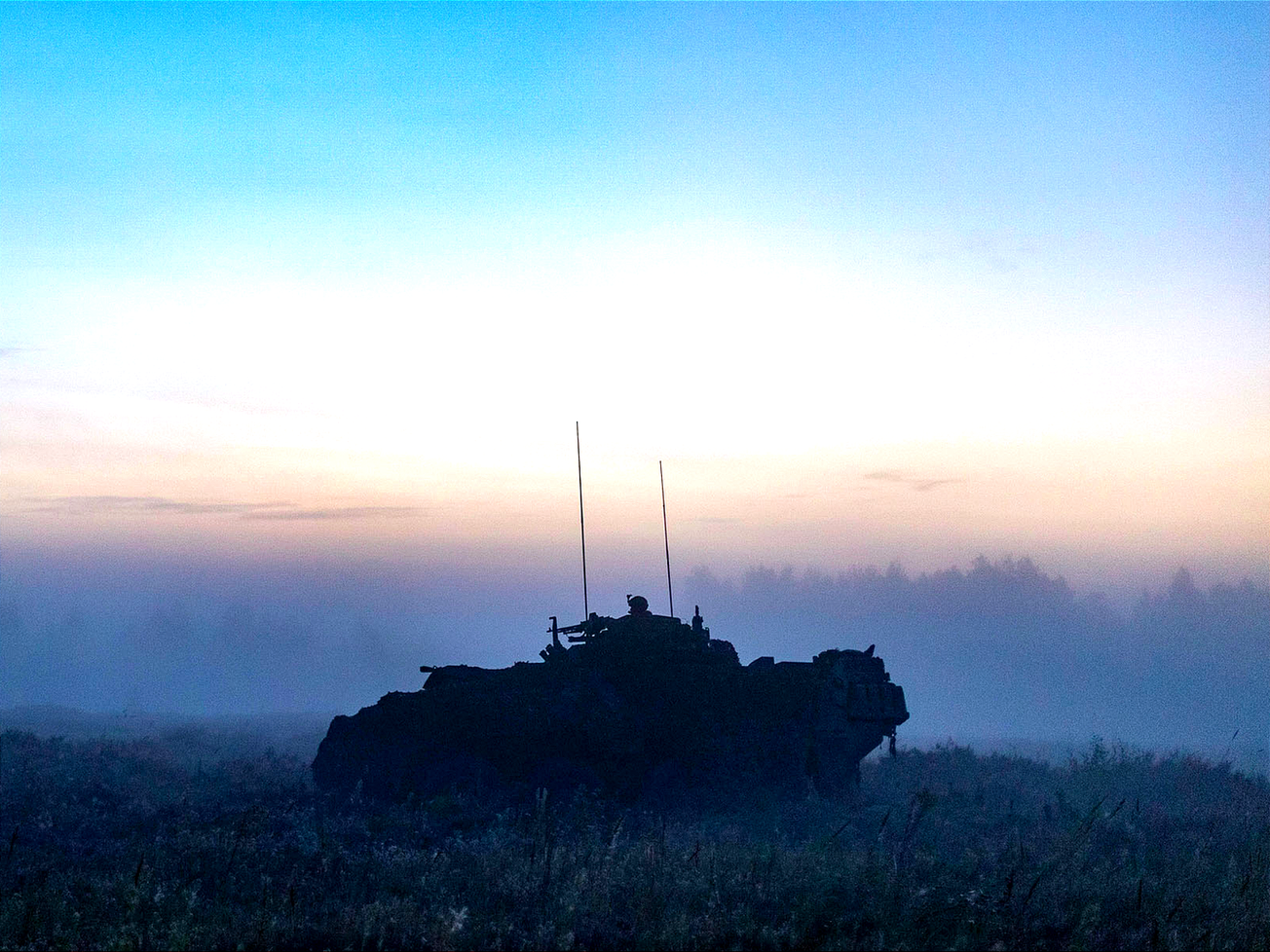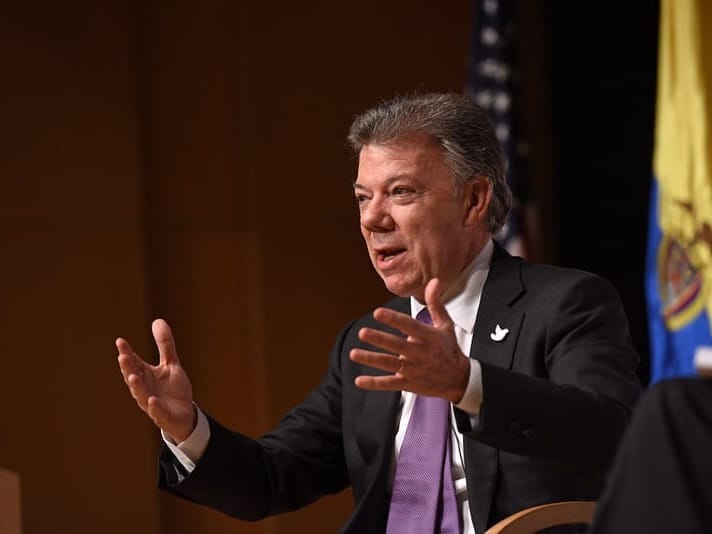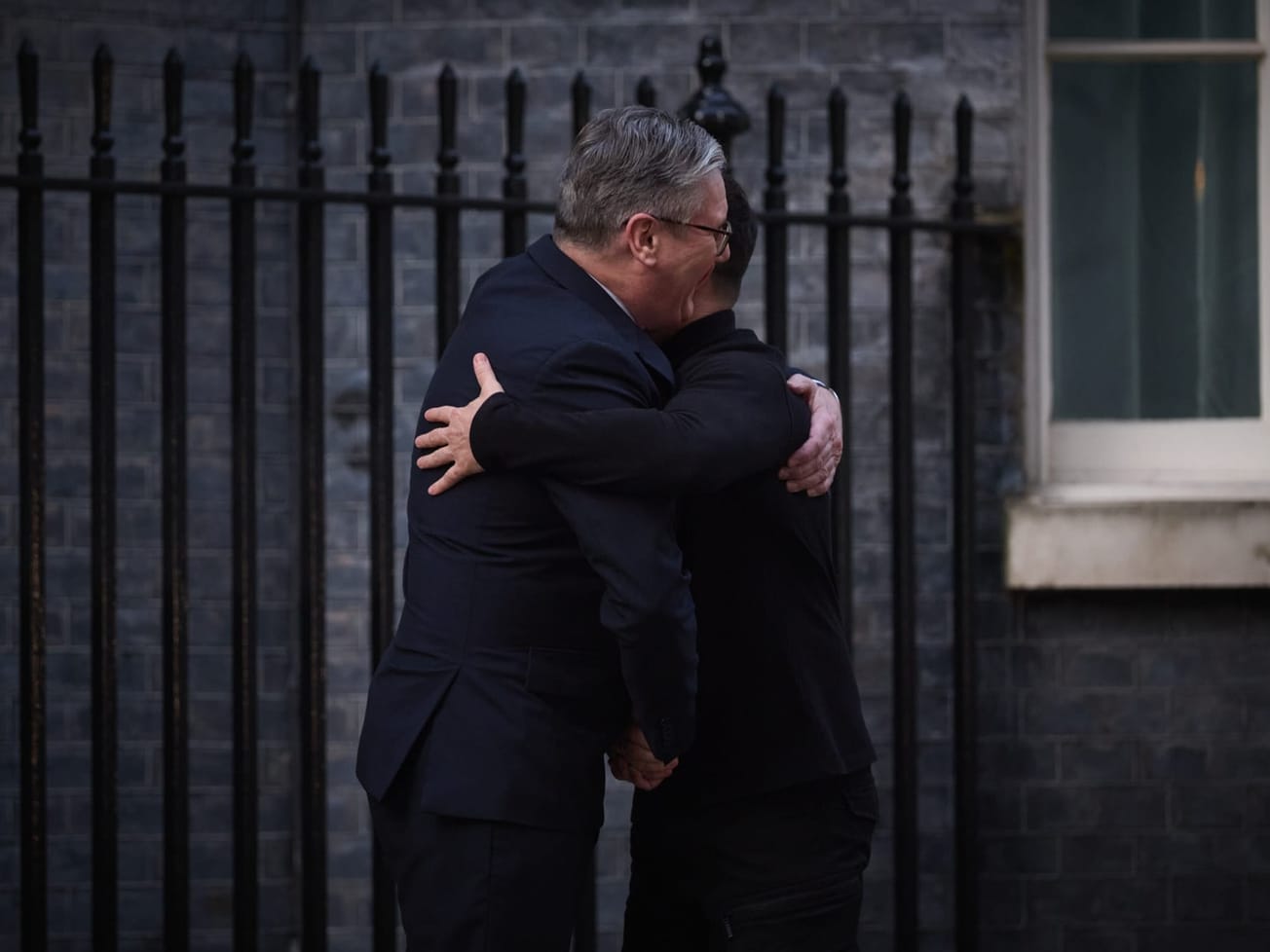
U.N. flags uneven staff health services as agencies absorb aid cuts
The review comes as agencies operate with fewer resources, increasing pressure on staff in high-risk settings.
In-depth and investigative journalism that goes beyond the daily news. Extensive research projects that delve into complex topics through interviews with multiple sources, data analysis, and document review. Longer, multi-platform stories to provide a complete picture and shed light on intricate issues.

Already have an account? Log in
The review comes as agencies operate with fewer resources, increasing pressure on staff in high-risk settings.
The document rejects past U.S. policy that it says 'lashed American policy to a network of international institutions.'
As COP30 opened, its president said high-income countries are retreating from their Paris Agreement climate obligations.
Europe's decades-old policies have transformed the Italian island's irregular migration role into an invisible haunting.
The action is expected to impact operations and funding of international organizations that rely on U.S. contributions.
Beyond official narratives and statistics are the complex realities and unexpected agency of displaced populations.
If decision-makers can keep a long-term perspective on impacts, reforms can strengthen the U.N. despite budget cuts.
Despite documentation and bipartisan concern, Trump is eliminating programs to locate and return these children.
Efforts to dismantle the U.S. Institute of Peace halted key programs in Guatemala against violence and social unrest.
The U.N. appears to be more trusted than many governments, other multilateral institutions, and regional organizations.
The head of the International Peace Institute praised the treaty negotiators for their 'amazing' critical problem-solving.
The military draft now looms over young Latvians to bolster NATO-allied defenses, but many have started to embrace it.
On a hike with reporters in a snow-covered pine forest, a Latvian colonel pointed to a border array of tank deterrents.
Colombia's former president Juan Manuel Santos says his nation's peace process benefited from women leaders.
The Arctic Council finds itself at a difficult crossroads as its member nations move to exploit the region's mineral wealth.
The five-point plan, unveiled as "ReArm Europe," is Europe's largest military and economic mobilization effort this century.


